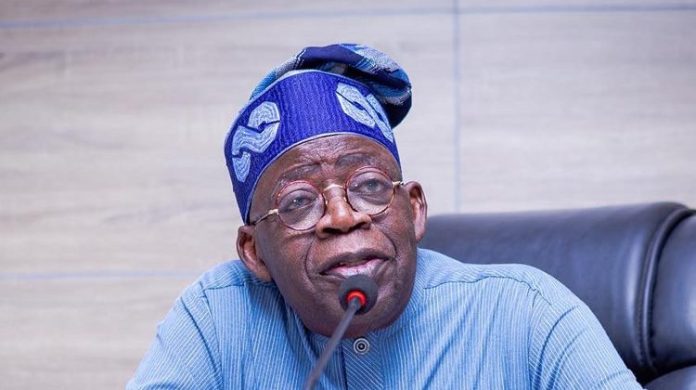On June 27, 2025, Taiwo Oyedele, Chairman of the Presidential Committee on Fiscal Policy and Tax Reforms, announced that households in Nigeria earning N250,000 or less per month will be exempt from personal income taxes under new tax laws set to take effect in January 2026.
Speaking on “Politics Today” on Channels Television, Oyedele clarified that the aim of these laws is not to raise taxes but to stimulate economic activity and address tax evasion. He described the reforms as focused on efficiency, growth, and support for the less fortunate.
“This tax law won’t put cash in your pocket, but it won’t take any away if you’re struggling,” he noted. When asked how the committee defines a low-income household, he stated that they consider earnings of approximately N120,000 to N130,000 for two working individuals in a family of five as a threshold for poverty.
Oyedele explained that while low-income earners would be fully exempt from taxes, middle-income families earning around N1.8 million to N2 million annually would see reduced tax rates. In contrast, high earners making over N2 million monthly would have slightly higher tax contributions. He emphasized that only about 5% of workers fall into this top earning category.
The committee debated the definition of poverty in Nigeria, considering both local conditions and international benchmarks. Oyedele mentioned that many who might not meet the strict poverty line still face significant challenges.







